Michael Mosley – The Truth About Sleep
Description:
We are one of the most sleep-deprived countries in the world. In The Truth About Sleep, insomniac Michael Mosley finds out what happens if we don’t get enough sleep and looks at surprising solutions to help us get more.Conventional wisdom says we should be getting at least seven hours’ sleep a night, while teenagers should be aiming for more like nine hours sleep. But most of us aren’t getting close to that.A survey by the Sleep Council suggests only 22% of British adults get the recommended seven-to-eight hours, with 40% saying they get six hours or less.I am one of those who struggle to get enough sleep.It’s not that I am out partying every night, nor do I have any problems getting to sleep, but I regularly wake up in the middle of the night and struggle to get back to sleep.To find out why, I’ve made a documentary, The Truth about Sleep, during which I teamed up with world-renowned experts to pick apart research on sleep, and conduct some pioneering tests on willing volunteers.What I discovered is that while there are some individuals who can get by perfectly well on less than seven hours, most of us can’t.As well as looking at the impact on our body and brain of too little sleep, one of the things we were keen to explore was which techniques to improve sleep really make a difference and which seem to be based on myth.Eating turkey, for example, is said to help you sleep better because it contains a substance called tryptophan, which will help you sleep.Yet turkey isn’t particularly rich in tryptophan, and what there is in the meat isn’t likely to reach the brain.The approaches we looked into ranged from the surprising to the well known. They included:Getting up at the same time every morningGoing on a morning walk or run most daysEating two kiwi fruit an hour before bedPractising mindfulnessHaving a warm bath or shower one to two hours before going to bedRemoving electronic devices from the bedroom and turning off all screens at least an hour before bed, including TV, computers, mobile phone and all social mediaSkipping alcoholEating foods richer in fibre
FITNESS – HEALTH – MEDICAL Course
More information about Medical:
Medicine is the science and practice of establishing the diagnosis, prognosis, treatment, and prevention of disease.
Medicine encompasses a variety of health care practices evolved to maintain and restore health by the prevention and treatment of illness.
Contemporary medicine applies biomedical sciences, biomedical research, genetics, and medical technology to diagnose, treat, and prevent injury and disease,
typically through pharmaceuticals or surgery, but also through therapies as diverse as psychotherapy, external splints and traction, medical devices, biologics, and ionizing radiation, amongst others.
Medicine has been around for thousands of years, during most of which it was an art (an area of skill and knowledge) frequently having connections to the religious and philosophical beliefs of local culture.
For example, a medicine man would apply herbs and say prayers for healing, or an ancient philosopher and physician would apply bloodletting according to the theories of humorism.
In recent centuries, since the advent of modern science, most medicine has become a combination of art and science (both basic and applied, under the umbrella of medical science).
While stitching technique for sutures is an art learned through practice.
The knowledge of what happens at the cellular and molecular level in the tissues being stitched arises through science.
Preview Information:
More Course: FITNESS – HEALTH – MEDICAL
Outstanding Course:Gaia – Yogic Paths – Kundalini – S1:Ep9


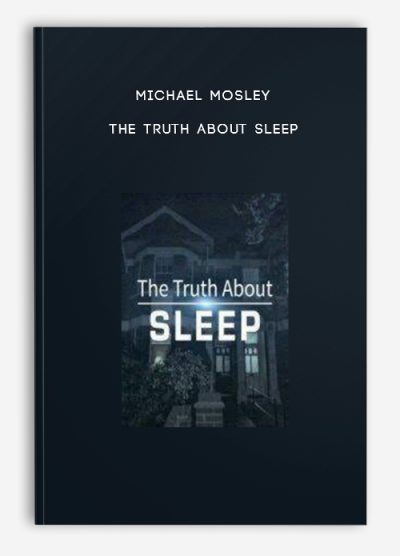
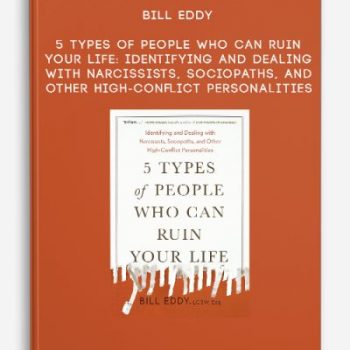
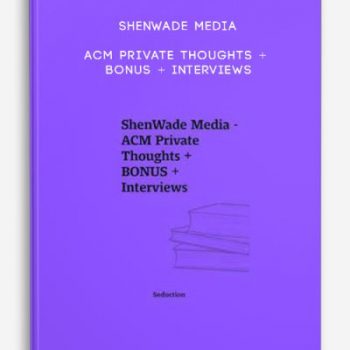
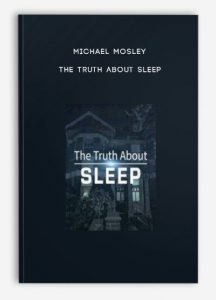
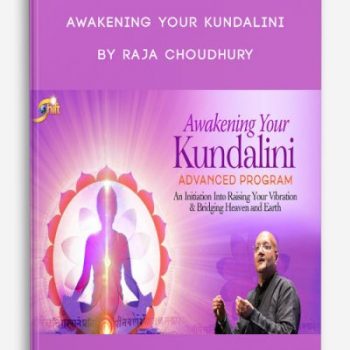
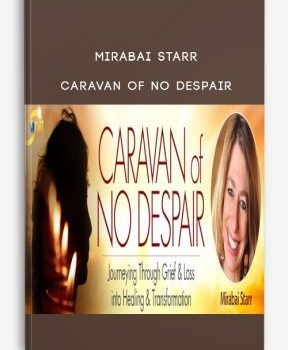
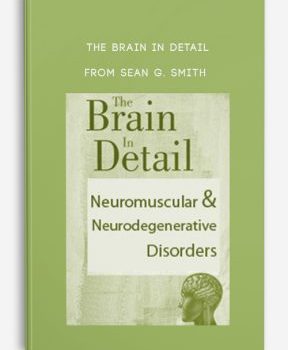
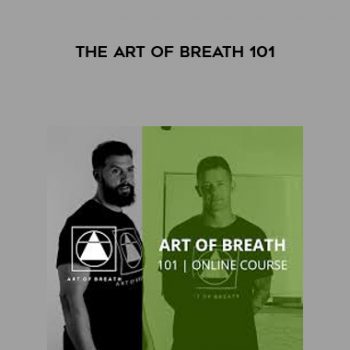


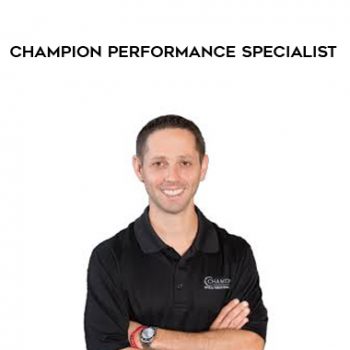
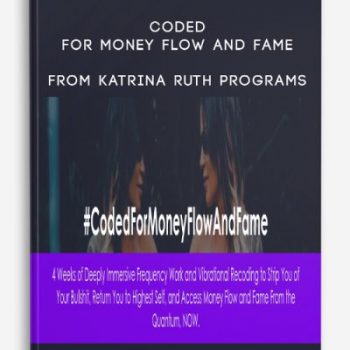
Lord –
This is Digital Download service, the course is available at Vincourse.com and Email download delivery.